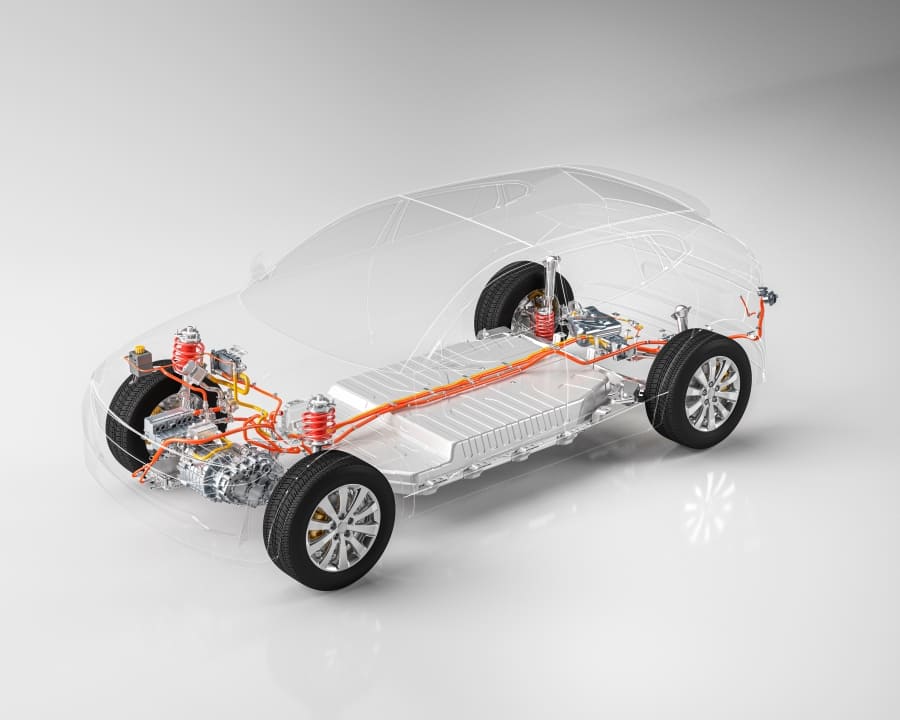
AFS (Active Front Steering) is an active steering control system which has been installed on Cadillac and BMW cars. It debuted in 2003. The system controls the steering ratio, taking into account the car speed, and adjusts the steering angle of the front wheels in order to avoid skidding. It improves handling and maneuverability of the vehicle as well as increasing the driving safety.
How AFS operates
A planetary gear set with an epicyclic gear is built into the steering shaft. The epicyclic gear is linked to an electric motor, which is controlled by the system. Variable speed and direction of rotation of the epicyclic gear allow for changing the steering ratio, adjusting the steering response in accordance with the road conditions.
The system analyses the total angle of rotation of the steering shaft, vehicle’s yaw rate, and its lateral acceleration rate. Based on these data, the system calculates the required speed and direction of the motor shaft rotation.
AFS works closely with the stability control system. The latter, in its turn, adjusts the steering angle of the front wheels to regain the car’s intended path in case of oversteer.
Popular cars equipped with AFS
- Cadillac STS
- BMW 5 series E60/E60, 6 series E63/E64, X5 E70, 1 series E81, E87, BMW 3 series E90, E91, E92, E93
Reasons for malfunction
- Faulty steering wheel angle sensor or yaw rate sensor.
- Improper repair of the steering rack.
- Incorrect adjustment of the total steering angle sensor.
- Misaligned wheels.








Comment